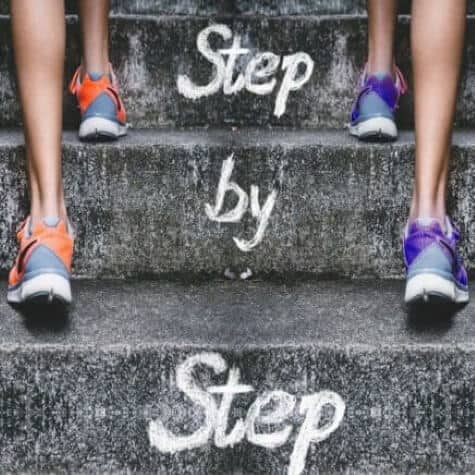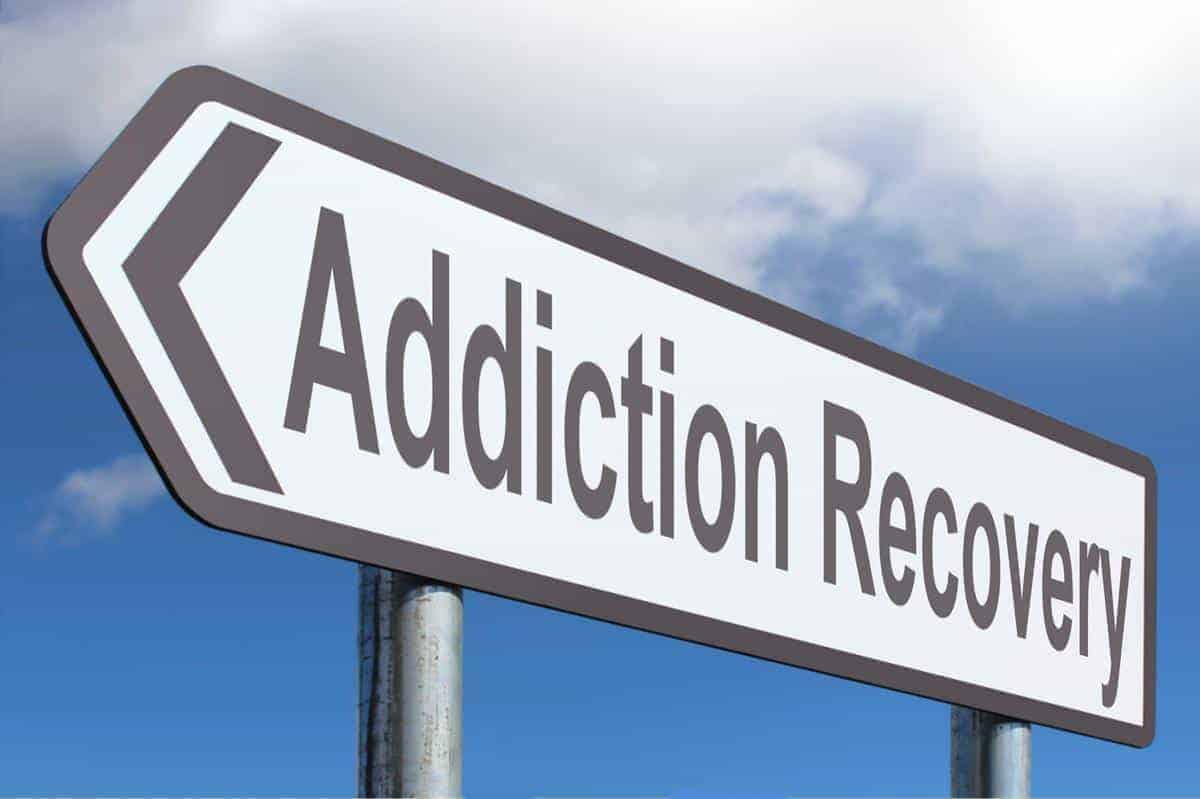The power of the 12 Step programme – How it can aid recovery from addiction
We need people and not isolation

For almost everyone, it is important that we can engage with others and not feel isolated and lonely. If we have an addiction, it will eventually take over our lives and friends and family will leave us until we are only mixing with people with a similar problem. Finally we even desert or are deserted by them and become totally isolated. It is at this time that what was our addictive friend has become our worst enemy. No matter what we try and do, be it with willpower, trying to reduce our daily consumption, trying to just stop, they will all lead to failure.
We must not forget how bad our addiction got
It is important to remember exactly where we were at in our life before we realised we couldn’t make any changes to our life, that our addiction had taken over completely, and that we needed the help of others. If we all had the ability to control our addiction, then residential addiction rehabs and alcohol and drug rehab clinics would not exist. At The Haynes Clinic, one of the stumbling blocks that we find people come across is that when they are starting to feel better following an alcohol or drug detox, they start to forget that there was a need for them to seek help from others. What can creep back into our thinking is “it’s all right, I know what I did wrong and I can sort it on my own”. This will lead to a quick and guaranteed relapse.
The origins of the 12 Step Programme
The vast majority of residential rehab treatment centres in the UK have their modality based on the original Alcoholics Anonymous 12 Step Programme. This programme is a strategy that aims to help people recover from alcoholism or any substance use disorder and other forms of addiction.
It all started back in 1938 in Akron, Ohio, United States, when AA founder Bill Wilson wrote out the ideas that had been developing through his experience and vision of alcoholism. He wrote about his findings of the positive effects experienced when people struggling with alcoholism actually shared their stories with one another. He developed the 12 Steps to Recovery and to this day that wording has never been changed. Interestingly, it took until March 1947 for the first AA meeting to be held in the UK and it was in room 202 of the Dorchester Hotel in Park Lane London. It is now estimated that in the UK there are at least 4,000 AA meetings a week either online or face to face.
So effective is the 12 Step programme that it has been adopted by other support groups, for example, Cocaine Anonymous, Narcotics Anonymous and Gamblers Anonymous.
The first Step
The first Step states “We admitted we were powerless over alcohol – that our lives had become unmanageable.” Other support groups will change the word alcohol to the word that relates to that specific addiction for that group and all the other words throughout the Steps remain unchanged.
The first Step also starts with the word “We”. It is the fact that we have taken the simple mental act of recognising that we have no control of our addiction and have taken that first step of getting help rather than staying within an active daily addictive cycle on our own.
A Simple Programme for Complicated People
This is an incredibly powerful programme which has helped hundreds of thousands to get well and to get their lives back. It is often referred to as a very simple programme for overcomplicated people. Overcomplicated as some people cannot seem to accept the simplicity of the programme and that the key feature involves the provision of support or a social network to help people remain substance free and to achieve behavioural goals that were being denied to them when in active addiction mode. Being a regular member of a group changes a person’s social network. It reduces the number of people in their life who engage in substance misuse while increasing the number who abstain from it. This social shift results in decreased exposure to activities and behaviours relating to substance use and increased opportunities to keep away from triggers that could lead back to our old thinking and behaviour.
What we need to do to obtain a successful Recovery
Research from 2010 showed that for AA alone there were about 2 million members worldwide. There were groups in about 180 different countries. As this was 12 years ago, it is acknowledged that these numbers are likely to have grown substantially since then. At The Haynes Clinic we are often asked what the success rate is. Well, it would be 100% if everyone just did what was suggested or recommended when they leave treatment, but they don’t!! The effectiveness of the 12 Step programme and data linked to better outcomes is associated with.
- Beginning to attend support groups with others whilst in treatment and to gain an understanding of how they work. Also, whilst in treatment lectures and written work around the 12 Step programme will be completed to further our understanding, specifically about how the programme relates to us. Too many people prejudge the programme and have not a clue what it is actually all about. A typical comment would be “it’s religious and not for me”. If it was just religious, we would just have a detox and then attend our weekly respective religious place of worship.
- Regular attendance at meetings such as attending at least three meetings a week. Local meetings can be found by inputting the postcode into the search engine in the appropriate support group website. Regular local attendance should be commenced immediately following discharge from treatment.
- Not just going to a meeting and sitting there but engaging with others and participating with people at the meeting and outside of the meeting.
- Keeping in touch with the clinic where you had treatment through their Aftercare programme and telephone contact.
Never Forget Where You Came From
The 12 Step programme is evidenced based in that there is proof that it works. However, we should never forget where we came from. We need to retain a feeling of humility, remembering that time when we realised that we were desperate for help and could not make changes without the help of others. Remembering how we really were makes all the difference. We must not revert back to thinking we have the answer ourselves. It is a fact that in order to stay on the road of Recovery we will always need others to help, support and guide us. We need to maintain a change from our addictive thinking and behaviour through using the 12 Step programme.



